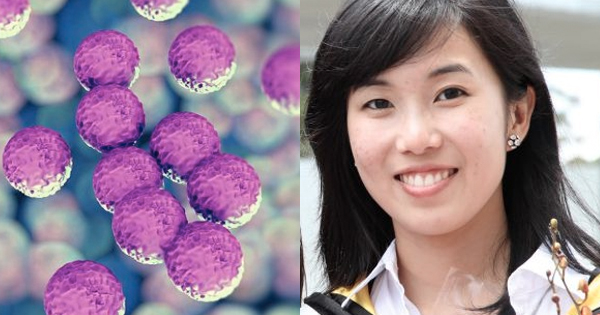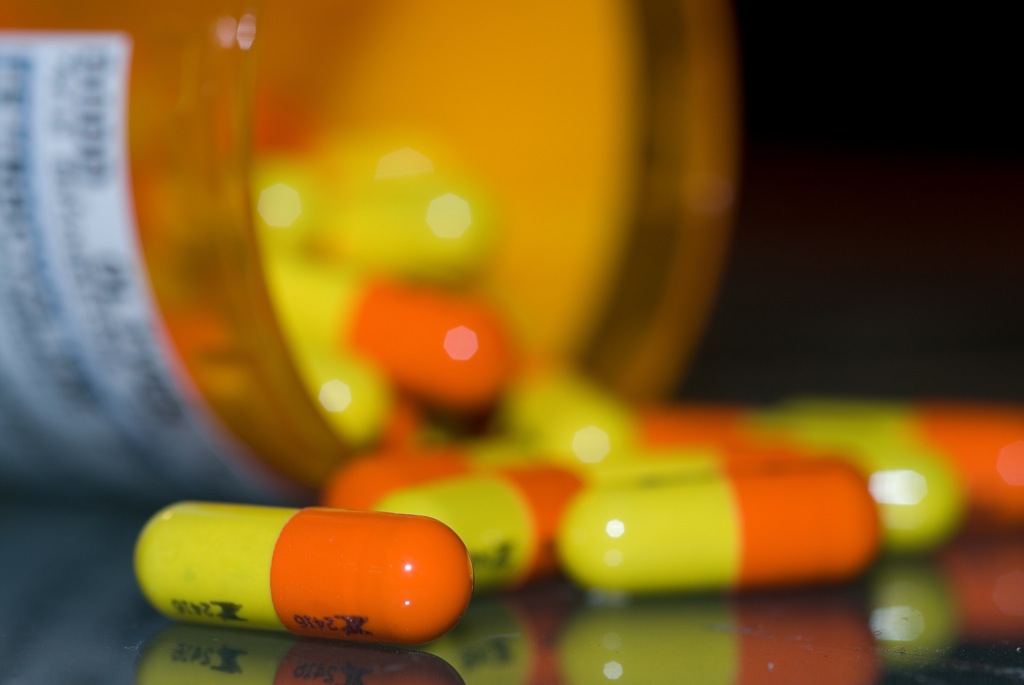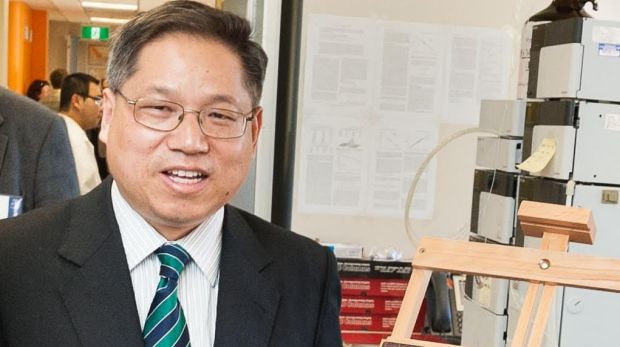This Malaysian Made A Huge Medical Breakthrough That Could Save The Human Race
She is only 25 years old this year.
A 25-year-old Malaysian has been a global subject recently after her research on superbugs was widely publicised by the the media
Lam Shu Jie and her team have developed a chain of star-shaped polymer molecules that can destroy bacteria resistant to antibiotics known as "superbugs", without hurting healthy cells.
The PhD candidate at Melbourne University played a significant role in what is now called as a "scientific breakthrough" in her thesis research, an effort to eradicate the increasingly harmful superbugs, which possess superpower quality and can resist any medication that tries to kill them.
Shu Jie has been making great sacrifices and major contributions to ensure that the study makes good progress for the past few years
"I’ve spent the past three and a half years researching polymers and looking at how they can be used to kill antibiotic-resistant bacteria," she told This Week in Asia.
According to Malay Mail, she would be up and about conducting her research in the laboratory by 4am to ensure that her work produces the most accurate results.
"As I was dealing with living organisms, I had to follow ‘their’ timing instead of mine and that meant going to the lab at 4am."
"During peak period I worked seven days straight but it was usually from about 8am to maybe 6pm or 7pm," she was quoted as saying.
As her PhD thesis will be due in two months, Shu Jie has already started to plan her next step. She is rather definite that it will not be medical training.
Although she had dreamt of being a doctor growing up, Shu Jie developed a strong passion for chemistry while studying in SMK(P) Temenggong Ibrahim. It was reported that she would like to focus on medical research in the near future, taking a different route from her late father, Dr Lam Pan Nam who was known for his dedication while he served as a paediatrician.
"My main preference would be to continue to stay in research, but I am also looking at career fields outside of polymer research," she was quoted as saying.
After spending several years in Australia now, it is likely that the Malaysian will stay on after her graduation at the end of the year. Born in Batu Pahat, Shu Lam reportedly first moved to Australia for her foundation studies after finishing primary and secondary school in Malaysia.
Shu Lam and her team's discovery comes at a time when experts are extremely worried as superbugs have become "one of the biggest health threats that mankind currently faces"
Experts have said that bacteria are increasingly resistant to antibiotics, evolving into "superbugs" that could potentially cost 10 million lives globally by 2050.
To put that in context, it means that drug-resistant infections will kill more people than cancer in the future. Currently, about 700,000 people die of resistant infections every year.
It’s a huge issue facing the world of medicine and Shu Lam's research could prove to be a real game-changer for modern medicine if it can successfully avert a serious health crisis.
Although Shu Jie's research has opened up a path to revolutionise the medical field, it is still in its early stages
Her PhD supervisor Professor Greg Qiao said that there is still a lot of work to be done in order to develop the best kind of substance that is completely safe for the human cell as they continue to carry out detailed and comprehensive assessments to come up with the best possible solution to fight against superbugs.
"Even with all the money in the world, it would take at least five years to go to the first human test, because many resources and work are needed for its commercialisation." he said.
You can read more about Shu Jie's groundbreaking study which was published in prestigious Nature Microbiology journal here.



